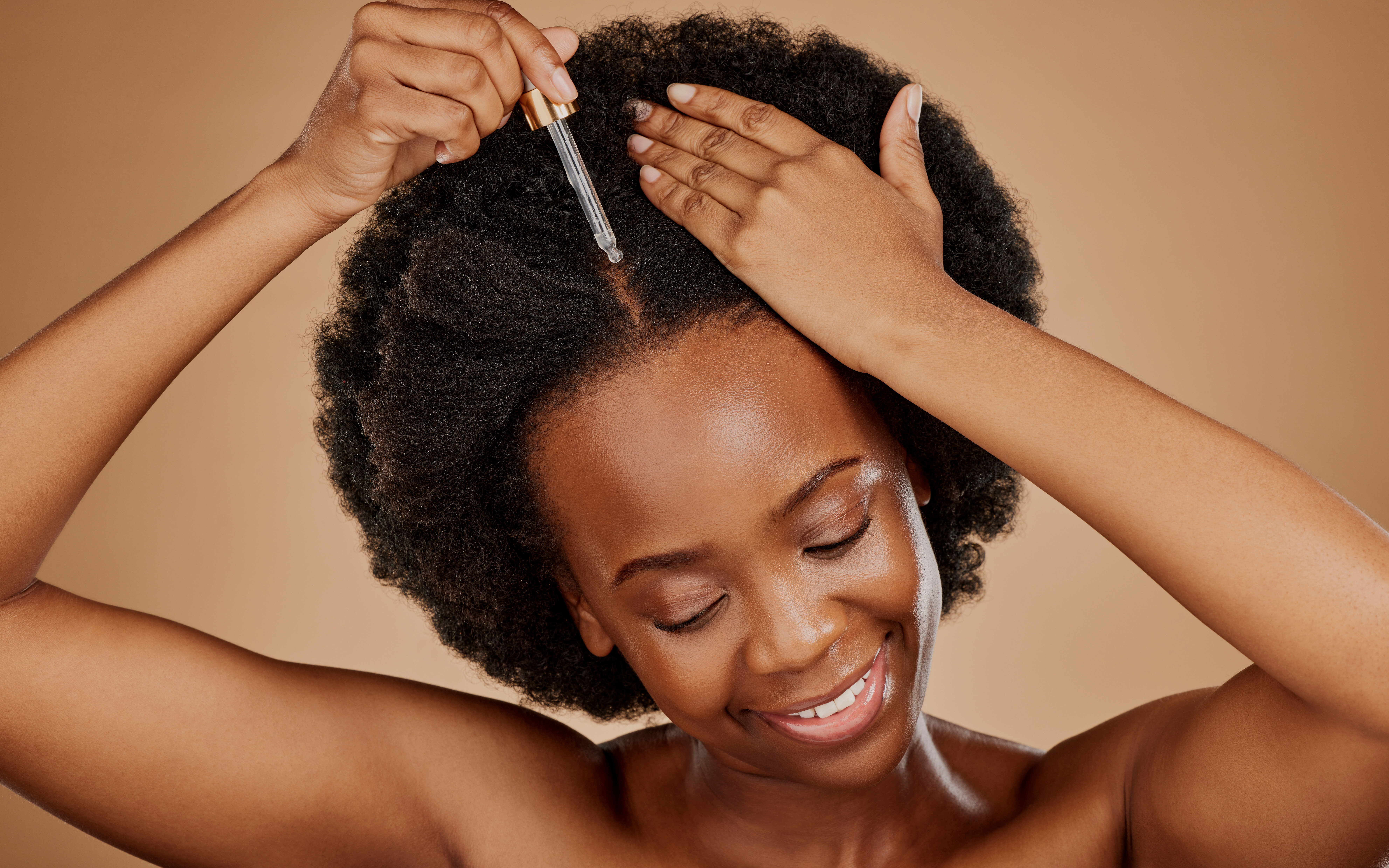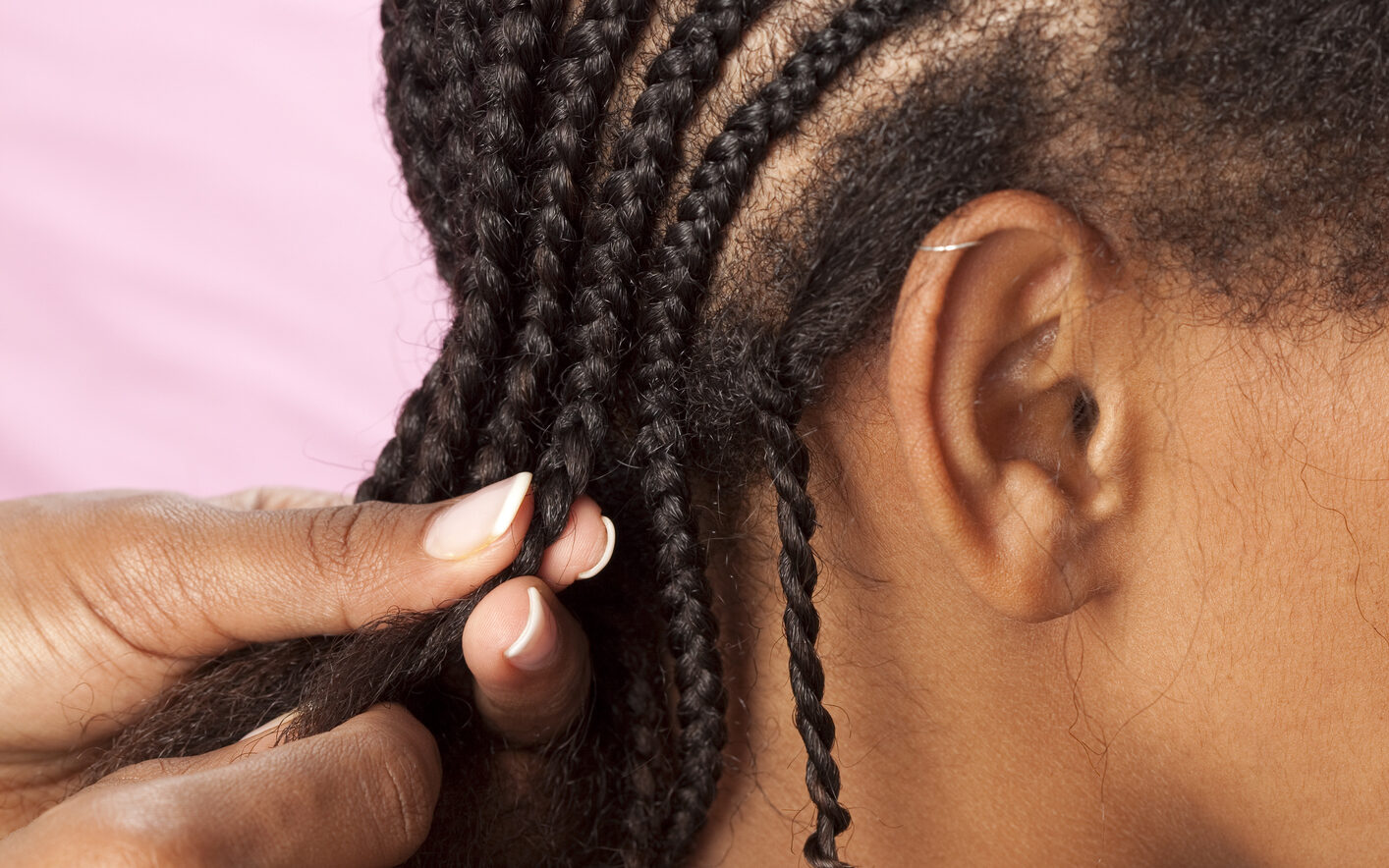If you’re committed to upkeeping the strength and health of your hair, then oils are critical to the process. From jojoba oil to batana oil, there are many benefits for using hair oil in your routine.
It’s important to still use oils in moderation. Some experts say that over-oiling your hair could have the opposite effect, leading to hair loss and breakage. Here’s everything you need to know about hair oiling and how to approach it in the most effective way possible.
The Benefits of Oiling Your Hair

A tradition with Ayurvedic and Indian roots, hair oiling is the practice of spreading or massaging natural oils throughout your hair to increase shine, moisture and overall health. The benefits of hair oiling range from enhanced hair growth to improved hair strength to reduced frizz and shedding. Oils, like coconut and avocado, even moisturize the dryest strands and promote length, while marula oil can give an added coat of shine.
Are You Oiling Your Hair Too Much?
Anything in excess can have the opposite effect. Using too much oil can make hair washes more difficult. In addition, the residual oil in your hair can clog pores and make your scalp dehydrated. With too much product buildup on the scalp and hair, your strands can feel weighed down and be more prone to breakage. Over time, this buildup can attract dirt and lock in sweat, leading to scalp irritation and hair loss.
Increased breakage, excessive residue, weighed down hair, and accumulated dirt and sweat are all signs that you oiled your hair too much. Doctor’s recommend oiling your hair one to two times a week. More oil doesn’t mean more benefits, so simply massaging into the scalp and adding it onto any dry ends is all that’s necessary to reap the benefits of hair oiling.
Oil shouldn’t stay in the hair overnight. It’s should stay in your hair from 20 minutes to a few hours before washing it out.
